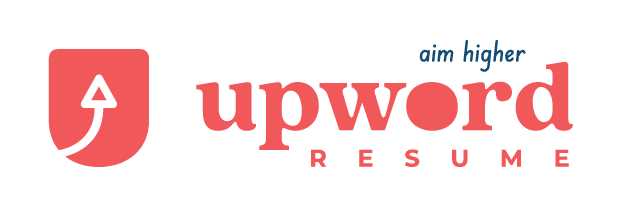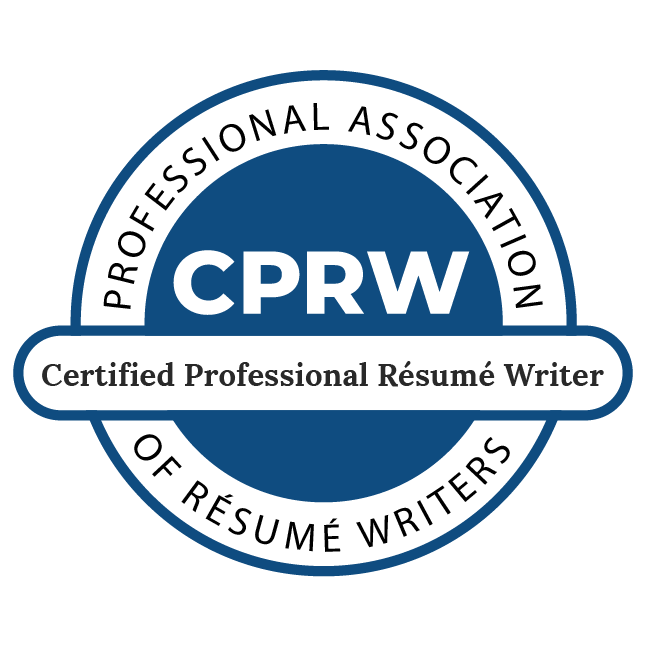You’ve sent out your resume and landed a job interview. Yay! You did your research on the target company, prepped your Challenge-Action-Benefit stories, and nailed the interview. Double yay! But now it’s crickets. Days or even weeks or months have passed and you’ve heard nothing from your interviewer. Booooo!
Being ghosted after a job interview can be one of the most frustrating parts of the job search process.
Delays in the hiring process are common because organizations are in flux and HR teams are adapting to a virtual workforce. Some job seekers are waiting months after an interview to complete the hiring process. While you can’t control the pace of the hiring process, you can be proactive and manage the wait time productively. Think of the post-interview phase as yet another to demonstrate that you’re a good communicator and problem solver—in short, someone they want on their team.
The answer to post-interview ghosting: Job Interview Follow up.
Savvy job seekers keep in touch with their interviewer and target company to stay top-of-mind and keep communication open. But when it comes to following up after a job interview, where is the line between being productive and proactive versus being an annoying nag? We consulted with our friend career and business strategy coach Heather Austin to chart exactly how and when to follow up to keep your application at the top of the pile and increase your chances of getting a job offer after an interview.
Pro tip: Professor Austin shares tons of actionable, current career and job search tips on her YouTube channel. Check it out to become instantly smarter when it comes to career development.
⇨ The day after your job interview…
✓ Send a thank you letter. It’s an essential component of job search etiquette to send a brief thank you email the day after an interview. Heather says, “Following up at this stage shows you are serious about the job and gives you some extra exposure and name recognition.”
Pro tip: If you don’t have your interviewer’s email address, do a LinkedIn search, so you can connect and message them there.
Use your interview thank you letter to:
- Thank the interviewer for meeting with you.
- Provide a recap of your most impressive skills.
- Correct any misconceptions you feel you may have left at the interview.
- Include any updates to your job search or qualifications (like another job offer or a recently completed course).
- If you learned something in the interview about challenges the company is facing or goals they have, briefly explain how you are qualified to meet those specific needs.
Not sure what to say? Our Altitude package includes a Thank-You Letter Template to get you started. After that initial thank you letter, here’s the recommended cadence to follow up with your target company in a way that’s helpful and not annoying:
⇨ If your interviewer provided a date when you should hear back from them…
✓ Contact them the day following that deadline. Send a brief email directly to your interviewer letting them know that you’re still interested in the position and asking if you can provide any additional information.
⇨ If it has been a week since your last contact with the organization…
✓ Send a brief check-in. Give your interviewer a quick refresher on why you’re the person for the job. Reiterate your interest in the position, share any relevant updates, and recap your top skills.
⇨ If you’ve contacted your interviewer two times since your interview…
✓ Wait two weeks before contacting them again. Slowing the pace of your response shows your understanding of the hiring process and keeps you from seeming like a pest.
⇨ If it’s been 3 weeks and you still haven’t heard anything…
✓ Try another point of contact. If you’ve been emailing, try sending them a message on LinkedIn or phoning directly. Search your network to find someone you know in the company who can give the hiring official a nudge on your behalf.
Striking a Tone That’s Professional and Helpful (versus desperate or nagging)
In all your communications, keep your tone professional and factual. You’re reaching out to provide information and help the hiring manager with their job. Good hiring teams practice good etiquette and provide transparency and updates. But remember, they don’t actually owe you anything. If your tone is irritated, recriminating, passive-aggressive, or entitled–even mildly so–that’s a major turnoff for the hiring team.
The Single Most Important Thing to Do After a Job Interview
Heather’s #1 piece of advice for what to do after an interview? “Keeping looking for other positions while you’re waiting to hear back.” Even if you nailed the interview and were given every indication that you would move forward, the company may have changed directions, filled the position, closed the position, or decided to postpone hiring for reasons that have nothing to do with you. Keep searching and adding more good-fit positions into your job search pipeline. Ideally, you’ll end up getting another offer, which you can then use as leverage during salary negotiations. And if the job doesn’t pan out, use the experience to improve your job search, interviewing, and follow-up skills and learn more about yourself and what you are looking for in your next position. Boost your chances of getting a call back with our Altitude package, which includes a custom resume, LinkedIn profile, cover letter template, one-on-one career coaching, networking template, and a thank-you follow-up letter template. This is our most comprehensive bundle of services designed to help you identify your target jobs, nail the interview, and land the job.


